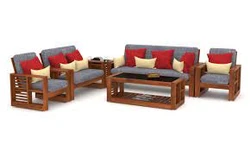Brass Terminal Connectors
Premium Brass Terminal Connectors Sourced from Certified Global Manufacturers and suppliers
Global Sourcing Hub
Source from 2,800+ verified Brass Terminal Connectors manufacturers in 45+ countries with Secure Trade Guarantee







